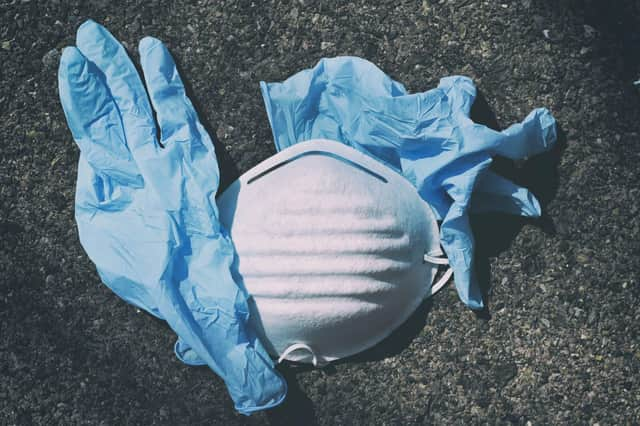Sunderland and South Tyneside hospital chiefs 'cannot see way' of restarting normal services as pandemic continues


Hospital bosses are under pressure to ramp up the number of routine procedures, such as surgeries and scans, to clear a backlog which built up at the peak of the pandemic.
And while more and more patients are once again receiving treatments and tests, the numbers are still likely to fall short of previous levels.
Advertisement
Hide AdAdvertisement
Hide Ad“We’ve hit initial milestones for August, but it gets tougher as we look ahead,” said Peter Sutton, accountable emergency officer at South Tyneside and Sunderland NHS Foundation Trust (STSFT), which runs Sunderland Royal Hospital and South Tyneside District Hospital.
“The expectation is we go from 70 – 80 – 90%, but at this moment in time we would need additional support to hit those levels of 90 – 100%.
“We cannot see, at the moment, a way of being compliant with COVID requirements and regulations and get back to the levels of productivity we had pre-COVID, so there are definitely risks.”
Sutton was speaking at a meeting of Sunderland City Council’s (SCC) Health and Wellbeing Scrutiny Committee.
Advertisement
Hide AdAdvertisement
Hide AdWhile cancer care is expected to be restored to ‘full operation’ as soon as possible, other services have been given lower targets, relative to their performance in 2019.
This includes:
:: Overnight elective surgery and outpatient procedures to reach 90% in September
:: MRI, CT and endoscopy procedures to be at 90% and 100%, respectively, by October
:: First outpatient attendances and follow ups to hit 100% in September
Advertisement
Hide AdAdvertisement
Hide AdPrivate medical facilities are expected to be used in an attempt to meet targets.
Sutton added: “Before [the pandemic], between patients who came in for a scan we would be able to do a quick turnaround and get the next patient in.
“With enhanced decontamination you’re looking at [up to] ten minutes between patients, so it does impact productivity in what is already a pressurised service.
“That’s why nationally they have looked at the independent sector for support, because we’ve had patients waiting extremely long times for routine procedures.
“Clearly we’re all concerned about a bad winter just in terms of normal pressures or if we have a bad winter in terms of flu or a second phase of COVID.”